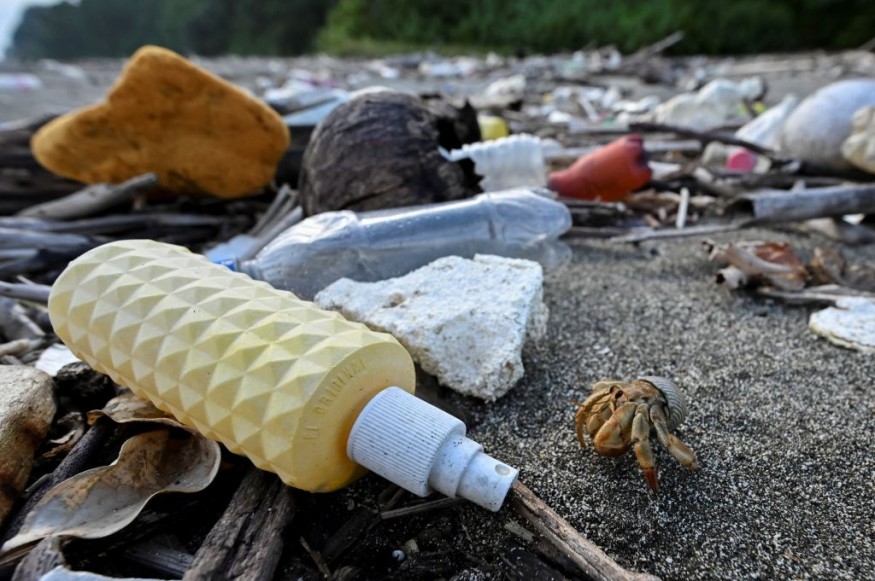Plastic pollution has reached the shores of Seychelles in recent years. Located in Africa and situated in the Indian Ocean, the island country is far from the mainland. However, a new study determined the plastic debris reaching the archipelago island is coming from several countries, whose distance are significantly far away from Seychelles.
These debris can harm aquatic life and destroy marine ecosystems not only in Seychelles but also its neighboring islands. The said study, which was led by scientists in the UK, asserted that plastic materials are driven into the archipelago due to meteorological factors. These include air movement, which is a significant element to the debris, in addition to human-induced plastic pollution from the source.
Seychelles Plastic Pollution

In the new study published in the Marine Pollution Bulletin, researchers from the University of Oxford examined the sources of marine debris along Seychelles beaches and other islands in the western Indian Ocean.
The team used Lagrangian trajectory analysis to quantify sources of plastic debris or marine debris for remote islands in the said region, concluding that Indonesia is the primary terrestrial source for plastic debris beaching at Seychelles. Other sources include India and Sri Lanka.
The Oxford researchers also said debris accumulation rates across Seychelles are likely seasonal and could be amplified by the weather phenomena Indian Ocean Dipole (IOD) and El Niño - Southern Oscillation (ENSO).
Lagrangian Trajectory analysis
As mentioned earlier, the Oxford team used this method to come up with their conclusion. According to the National Oceanic and Atmospheric Administration (NOAA), Lagrangian trajectory models are generally used to investigate source-receptor relationships of atmospheric factors based on air-mass movement from meteorological data.
The NOAA cites that the method involves the calculation of an air parcel movement from the source, including those in the past.
In relation to the new research about Seychelles plastic pollution, the UK scientists used the method to find that Seychelles and its surrounding islands in the western Indian Ocean are not responsible for majority of the plastic waste that piles up on their beaches, the American Association for the Advancement of Science (AAAS) cites.
For Seychelles, the accumulation of plastic debris also originates from fisheries and shipping lanes. The results showed in the study highlight the urgent need for an international, legally-binding Global Plastics Treaty and stricter implementation of regional policies to reduce plastic waste, according to the AAAS.
Marine Plastic Pollution
The environmental issue in Seychelles is only a part of the wide global marine plastic pollution.
According to the National Geographic, marine pollution is a combination of chemicals and trash, wherein most of which originates from land sources and is washed or blown into the ocean.
This type of pollution results in damage to ecosystems, organism health, and worldwide economic structures, as cited by Nat Geo.
© 2025 NatureWorldNews.com All rights reserved. Do not reproduce without permission.





